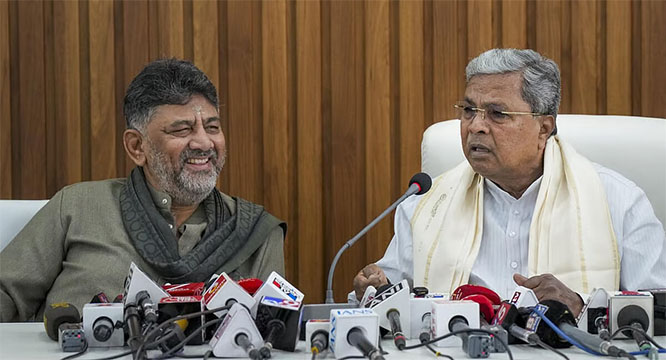
Bhopal, Jan 9: A 42-year-old volunteer from Bhopal in Madhya Pradesh died nearly ten days after he participated in the clinical trial for Covaxin held at a private hospital, its vice chancellor said on Saturday while a government official suspected poisoning but added that the exact cause of the death will be known after viscera test.
Dr Rajesh Kapur, Vice Chancellor, People's Medical College and Hospital where the trial was conducted, told PTI that Deepak Marawi had participated in the Covaxin trial held on December 12, 2020.
Madhya Pradesh Medico Legal Institute Director Dr Ashok Sharma said the doctor who had performed postmortem of the deceased suspects that he died of poisoning.
However, the exact cause of the death would be known from his viscera test, he added.
"After Marawi's death on December 21, we informed the Drug Controller General of India and Bharat Biotech, which is the producer and sponsor of the trial," Dr Kapur said.
He said Marawi had volunteered for the trial and was examined.
"All protocols were followed and Marawi's consent was taken before allowing him to participate in the trial," he claimed.
Dr Kapur, however, said he cannot confirm whether Marawi was administered the vaccine shot or was given a placebo.
"It (the vial containing the liquid for trial) comescovered and coded. During the trial, 50 per cent people get the actual injection while the rest are given saline," he said.
Kapur said Marawi was kept under observation for 30 minutes after the trial as per guidelines before he was allowed to go.
"We monitored his health for 7 to 8 days," he claimed.
Madhya Pradesh Health Minister Dr Prabhuram Choudhary did not respond to phone calls.
Meanwhile, family members of Marawi, a tribal, said he was working as a labourer.
They claimed that Marawi and his colleague were administered the Covaxin injection on December 12 during the trial.
"When he returned home he felt uneasy and experienced some health problems. He complained of a shoulder pain on December 17. Two days later, he spewed foam. He refused to see a doctor saying he would be alright in a day or two. When his condition deteriorated, he was being rushed to hospital but he died midway (on December 21)," they added.
Rachana Dhingra, a Bhopal-based social activist, claimed neither Marawi's consent was taken for participation in the clinical trial nor he was given any proof of his participation in the exercise.
However, the hospital has denied this charge.
The Drugs Controller General of India (DCGI) had last week approved Oxford COVID-19 vaccine Covishield, manufactured by the Serum Institute, and indigenously developed Covaxin of Bharat Biotech for restricted emergency use in the country, paving the way for a massive inoculation drive.






Comments
Add new comment